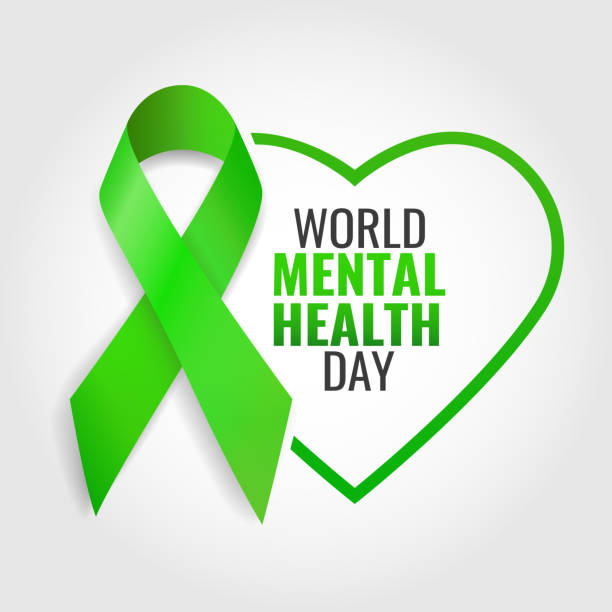On World Mental Health Day 2023, the global community unites behind the theme, “Mental health is a universal human right.” This significant day serves as a reminder that mental health is a fundamental aspect of human well-being that should be accessible to all., progress has been made in addressing mental health challenges, but there is still much work to be done to ensure that mental health services are a universal human right for alls.
Over the years, Nigeria has witnessed some improvements in addressing mental health issues. Government agencies, non-governmental organizations, and healthcare providers have made efforts to raise awareness and reduce the stigma associated with mental health conditions.
“We are committed to breaking down the stigma surrounding mental health,” says Dr. Gift Edosogie, a psychiatrist at Central Hospital Benin. “Our goal is to create an environment where individuals feel comfortable seeking help and where mental health is treated with the same importance as physical health.”
In recent years, there has been a growing recognition of the importance of mental health in the workplace and educational institutions. Companies and schools have implemented mental health programs and support systems to help employees and students cope with stress, anxiety, and other mental health challenges.
Despite progress, Nigeria faces significant challenges in ensuring universal access to mental health services. Stigmatization of mental health issues remains a prevalent problem, discouraging many from seeking help. Limited access to quality mental health care facilities and professionals is also a concern, particularly in rural areas.
“To truly address mental health disparities, we must tackle stigma at its root,” emphasizes Sarah Okoye, a Mental Health Awareness Initiative volunteer. “Our society needs to understand that mental health conditions are as real as any physical ailment, and seeking help is a sign of strength, not weakness.”
To improve mental health, several key actions must be taken:
Stigma Reduction: Launching nationwide awareness campaigns to combat the stigma associated with mental health conditions. This will encourage more individuals to seek help without fear of discrimination.
Increased Funding: Allocating more resources to mental health services, including the construction of mental health facilities and training of mental health professionals.
Education: Incorporating mental health education into school curricula to promote early awareness and de-stigmatization among young people.
Community-Based Services: Expanding community-based mental health services to reach rural and underserved areas.
Public-Private Partnerships: Encouraging collaborations between the government, private sector, and NGOs to strengthen mental health initiatives.
Stakeholders, including mental health organizations, healthcare professionals, and individuals, play a crucial role in advancing mental health.
“Mental health is a shared responsibility,” asserts Possible Ede, a mental health expert. “We must all work together to ensure that every has access to the mental health support they need.”
Mental health organizations have been actively advocating for improved mental health services and providing support to individuals and families affected by mental health conditions. The mission is to create a society where no one is left behind in their mental health journey.
Healthcare providers are on the front lines, offering diagnosis, treatment, and support. They must continue to raise awareness and advocate for better mental health policies. “We have seen the impact of mental health conditions on individuals and families,” says Dr. Gift. “We are dedicated to ensuring that no one suffers in silence.”
Individuals, too, can contribute to the improvement of mental health. By promoting open conversations about mental health, supporting friends and family members, and seeking help when needed, ordinary citizens can help reduce the stigma and provide a supportive environment for those in need.
As the world marks World Mental Health Day 2023, Nigeria stands at a critical juncture in its efforts to improve mental health. While progress has been made, there is an urgent need for a collective commitment to make mental health a universal human right for alls, ensuring that no one is left behind in the pursuit of mental well-being.
In conclusion, the progress in addressing mental health is commendable, but the challenges remain significant. The key to success lies in a joint effort by stakeholders, individuals, healthcare professionals, and the government to tackle stigma, increase funding, and expand access to mental health services. Only by working together can Nigeria ensure that mental health is truly a universal human right for all its citizens.



